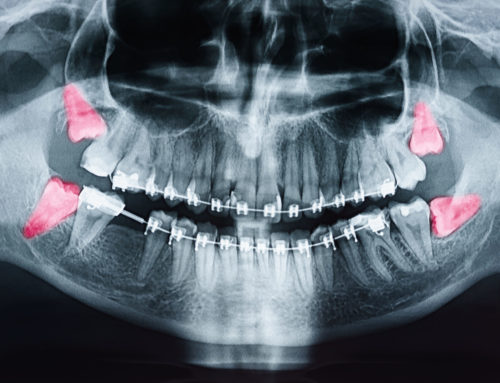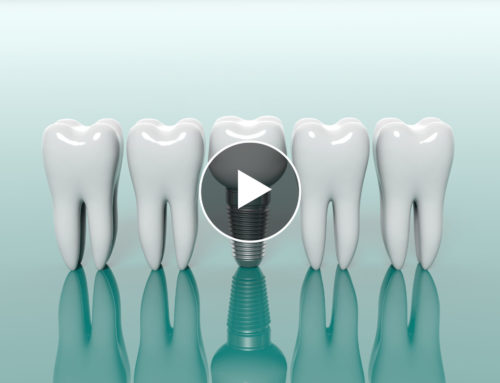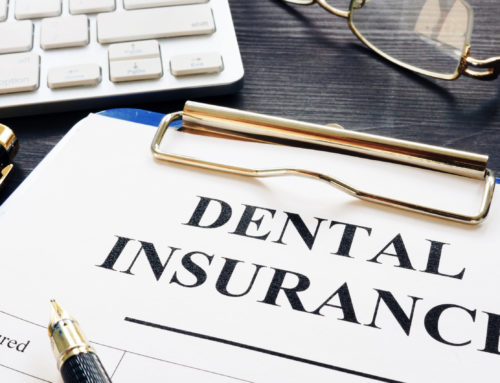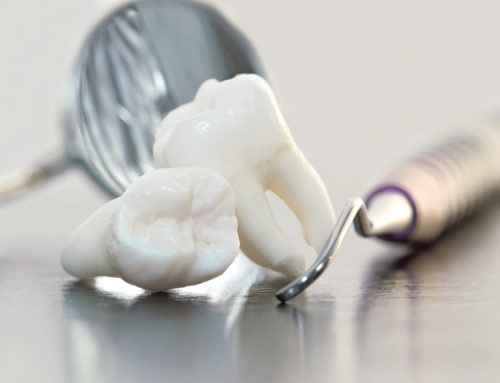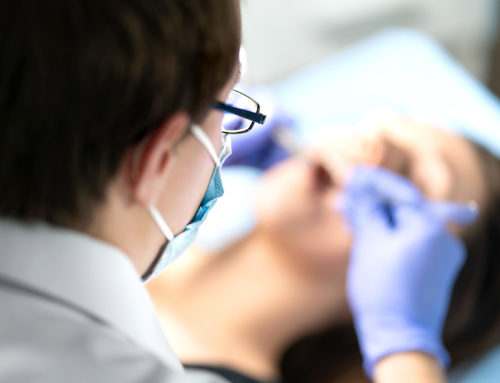 Oral surgery, which can range anywhere from a tooth extraction to facial reconstruction, is a serious ordeal. After surgery, taking the time and proper measures to recover is imperative. Your oral surgeon will most likely hand you a set of instructions to help aid you in the healing process.
Oral surgery, which can range anywhere from a tooth extraction to facial reconstruction, is a serious ordeal. After surgery, taking the time and proper measures to recover is imperative. Your oral surgeon will most likely hand you a set of instructions to help aid you in the healing process.
Embedded in these instructions is a strong suggestion against smoking. Tobacco products can have a severe impact on your oral health after surgery.
Slow Healing
Smoking can slow the healing process. It causes your blood vessels to shrink, which means that less oxygen and important nutrients are being transported throughout the body, including the surgical site. Slower healing also greatly increases your risk of infection.
Dry Socket
A dry socket is an infection in the empty socket after a tooth extraction. The blood clot becomes dislodged or dissolves from the site, exposing sensitive skin, as well as bone and nerves, to the atmosphere. Food particles can get lodged and bacteria can take up residence, leading to an infection and severe pain.
Increased Bone Loss
A strong, healthy jaw keeps your teeth in place and allows you to eat all of your favorite foods, including those that may be hard and crunchy. Smoking inhibits your bone’s ability to regenerate. This can also mean less regeneration, which can lead to weakened bones. A weak jaw bone can ultimately lead to loose teeth or even tooth loss, which affects your ability to eat and speak.
Periodontal Disease
Periodontal disease is a more advanced stage of gum disease, and infection that affects your gums, teeth and jawbone. Bacteria and infection can even enter your blood stream and spread throughout your body. Cigarettes contain over 4,700 chemicals that can lead to periodontal disease, which could potentially require more surgery.
If you are a smoker about to undergo oral surgery, consider quitting, or at least stopping until you have healed. You will be able to reap more benefits, allowing you to heal and have a healthier mouth.
Please contact us if you have any questions about smokings effect on your oral health.

